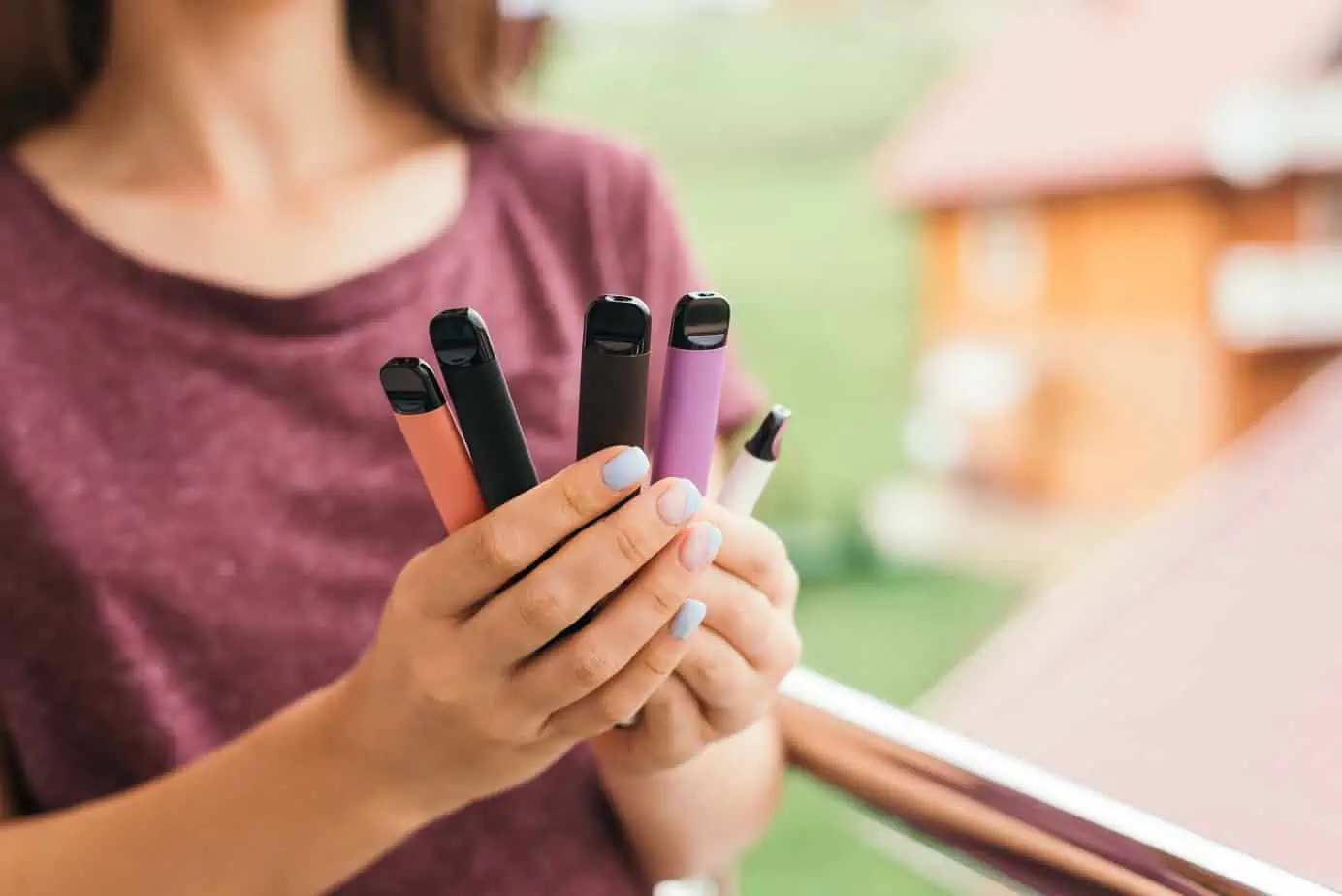Key Takeaways: The misuse of ADHD medications among college students is a pressing issue that warrants attention from students, parents, and educators alike. With approximately 5 to 10 percent of college students misusing these drugs, understanding the motivations, signs, and sources of misuse is essential for prevention and intervention.
Medications for attention-deficit hyperactivity disorder (ADHD) are meant to help those with the condition stay organized and focused. However, the conversation around these medications must expand to ADHD medication misuse and abuse. As college campuses buzz with the pressures of academics, social life, and future careers, many students find themselves turning to ADHD drugs not for therapeutic purposes but as a means to enhance focus and performance. Read on to learn more about prescription stimulant misuse among college students, the signs of Adderall addiction in college student athletes and other classmates, where these drugs are sourced, and the complex relationship between ADHD and substance abuse disorders in college students.
The Prevalence of ADHD Medication Misuse
A study published in the Journal of American College Health found that approximately 5 percent of college students reported stimulant misuse, such as Adderall and Ritalin. This statistic is alarming when considering the potential risks associated with unsupervised use of these medications. The National Institute on Drug Abuse (NIDA) estimates that around 10 percent of college students have used ADHD medications without a prescription at some point during their academic careers. There is a prevalence of ADHD in college students, but this also includes undiagnosed ADHD in college students as well as the general population.
ADHD medication misuse research shows the motivations behind this misuse are varied. Many students believe these stimulants will help them study longer, retain information better, or manage the overwhelming stress of college life. The allure of enhanced cognitive performance can be tempting, especially in a culture that often equates success with academic excellence, which can lead to ADHD medication misuse being rampant in college students.
Understanding the Signs of Stimulant Misuse
Recognizing the signs of the misuse of ADHD medication is crucial, especially for parents and friends who may be concerned about a loved one’s well-being. Some common indicators include
- Increased energy and alertness: While some students may naturally have high energy levels, a sudden and significant increase in alertness, especially when rest is expected, can be a red flag.
- Changes in social behavior: Students misusing stimulants may isolate themselves, become overly focused on schoolwork, or withdraw from social activities they once enjoyed.
- Mood swings: The use of stimulants can lead to mood fluctuations, including irritability, anxiety, or euphoria followed by a crash.
- Academic performance fluctuations: While some may initially see improved grades, continued misuse often leads to declining performance due to dependency or side effects.
- Physical symptoms: Increased heart rate, insomnia, and loss of appetite are also common signs of stimulant misuse.
In addition to increased energy, you may also notice that ADHD medication misuse has effects on sleep in college students and someone may see a friend or family member suddenly having trouble sleeping. ADHD medication misuse and anxiety in college students are also prevalent, so a person may suddenly become anxious when they haven’t been before.
If you or someone you know is struggling with stimulant misuse, and you’re wondering how to help a friend who’s misusing ADHD meds in college, it’s essential to approach the situation with care and understanding. Open conversations about the pressures of college life and the potential dangers of drug misuse can be a first step toward seeking help. Preventing ADHD medication sharing among college roommates is also imperative. Even though it may seem harmless to help out a friend “just once,” the propensity for ADHD medication misuse potential is just too great.
Where Do Students Get ADHD Drugs?
The sources of ADHD medications for misuse are often surprising. While some students may obtain prescriptions through legitimate channels, many acquire these drugs from peers, as mentioned above. According to a study by the American College Health Association, nearly 60 percent of students who misused prescription stimulants obtained them from friends or classmates. Other common sources include:
- Family members: Some students may find leftover medications in their parents’ or siblings’ medicine cabinets.
- Online purchases: The rise of online pharmacies has made it easier for individuals to procure these medications without prescriptions, although this practice is illegal and dangerous.
- The black market: Some students may resort to purchasing ADHD drugs from illicit dealers on campus or through social media platforms.
Understanding where these drugs come from can help parents and educators develop strategies to address the misuse of ADHD medications. Encouraging open dialogues about mental health and the importance of using medications responsibly can be effective in preventing misuse. There are many study tips for ADHD college students and alternatives to ADHD meds for focus in college.
The Link Between Substance Abuse Disorders and ADHD
The relationship between ADHD and substance abuse disorders in college students is complex and multifaceted. Research indicates that individuals with ADHD are at a higher risk for developing substance use disorders. According to the NIDA, approximately 30 percent of individuals with ADHD will experience a substance use disorder at some point in their lives.
Several factors contribute to this increased risk.
Impulsivity
One of the core symptoms of ADHD in college students is impulsivity, which can lead to poor decision-making and a higher likelihood of experimenting with drugs or alcohol.
Self-Medication
Some college students with undiagnosed or untreated ADHD may turn to substances as a way to cope with their symptoms. The temporary relief provided by stimulants or other drugs can reinforce this behavior.
Social Environment
College is a time of exploration, and the social environment can heavily influence substance use behaviors. Students with ADHD may find themselves in circles where drug use is normalized or encouraged.
Co-occurring Mental Health Issues
Many individuals and college students with ADHD also experience other mental health conditions, such as anxiety or depression, which can further complicate their relationship with substances.
Recognizing this link is critical for both prevention and treatment. For students with ADHD, addressing their condition through appropriate channels—such as therapy, medication management, and support groups—can help mitigate the risk of developing a substance use disorder (SUD). The long-term effects of Ritalin abuse in college (or other stimulants) can lead to symptoms such as paranoia, hostility, aggression, anxiety, psychosis, and suicidal or homicidal ideation.
If you or someone you know is struggling with ADHD medication misuse, it’s important to seek help. Many resources are available, including counseling services, support groups, and educational programs that can provide guidance and support. Remember, acknowledging the problem is the first step toward finding a solution.
If you or a loved one is struggling with addiction, Mountainside can help.
Click here or call (888) 833-4676 to speak with one of our addiction treatment experts.

 By
By 







